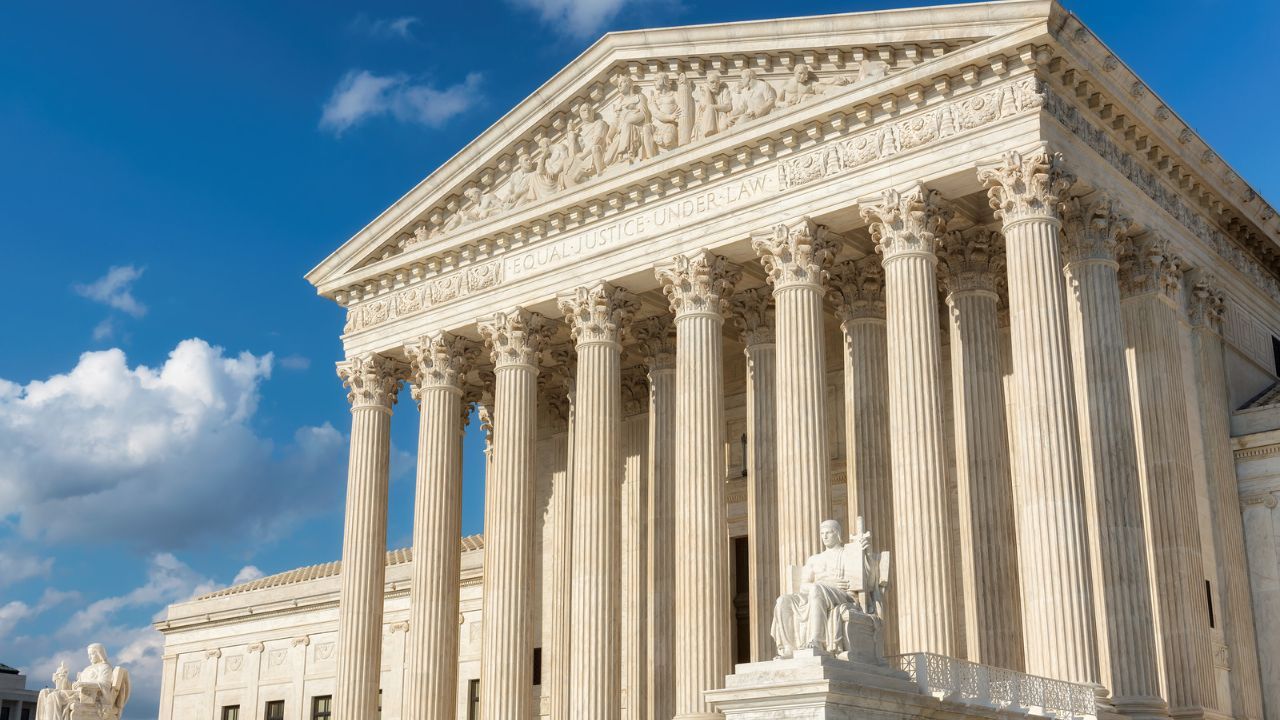Recent SCOTUS Decisions in Support of Fairness
Jun 28, 2023
Against Authoritarian Elections
After a congressional map was struck down at the state level for being too skewed towards Republicans, the North Carolina GOP brought the case to the US Supreme Court, asking them to endorse the independent state legislature theory. On Tuesday, the US Supreme Court rejected the concept, which would give state legislatures near absolute power over election rules, drawing district maps, and even delegating responsibilities that now reside with governors, secretaries of state, and elections commissioners. Watch this short video from the Brennan Center that explains how the state legislature theory undermines checks and balances.
After Republicans appealed the decision of the North Carolina Supreme Court, they gained the majority on the state Supreme Court. The new court revised its ruling in favor of the independent state legislature theory. However, the US Supreme Court had already heard oral arguments and ruled that it still had power to decide the case.
While it's great that SCOTUS ruled in favor of checks and balances, maintaining the right of state courts to review election laws and maps enacted by state legislatures, it's not lost on me that the decision was not 9-0. It was 6-3. Justices Thomas, Gorsuch, and Alito dissented.
The Constitutional Rights of Students
By declining to hear a North Carolina public charter school’s defense, the US Supreme Court left in place a federal court's decision to respect the rights of female students to wear pants. While charter schools in North Carolina are run by private, nonprofit corporations, they are also tuition-free, open to attendance by all, and receive state funding for each student.
In 2022, the 4th U.S. Circuit Court of Appeals, based in Richmond, VA, ruled that charter schools in North Carolina are state actors because:
- they are publicly funded
- their employees are considered public school employees and
- the state has delegated to them a duty to educate students
Because they are state actors, the schools must follow government guidelines. The 4th Circuit ruled the Charter Day School's dress code unconstitutional.
“The skirt requirement telegraphs to children that female students are fragile and warrant different treatment than males - "stereotypes with potentially devastating consequences for young girls," the 4th Circuit ruling stated.”
The Supreme Court asked the Biden administration to weigh in on whether to hear this case, and the administration filed a brief urging the justices to deny the school's appeal.
-------------------------------
For many of us, rulings from the US Supreme Court often feel like things that have nothing to do with our everyday lives. But the truth is that nine people have an outsized impact on how we live our lives. Whether that's how we get to dress for school, whether our votes count on Election Day, or whether we have bodily autonomy. These cases are never about one person or one locality. The decision for one sets the standard for everybody. I'm doing my best to hold these incidents lightly to be aware of how our rights are being shaped around us without holding on to the anxiety.
If these kinds of blog posts are helpful to you, sign up for my newsletter for more in-depth information and download the Everyday Activism Action Pack.
Ready to DO something right now? Download the Everyday Activism Action Pack and get started today.
We hate SPAM. We will never sell your information for any reason.

